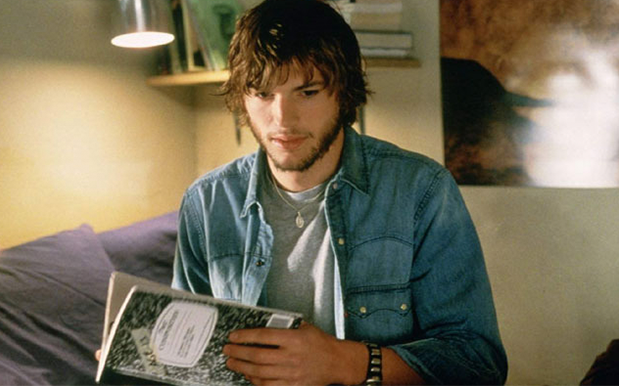
We’ve teamed up with Village Roadshow‘s new release Before I Fall (in cinemas now) to help y’all change what’s in your control and worry less about what’s not.
“What” and “if” can be two very destructive words. Using them separately? Go nuts. But together? Together can be hell on earth.
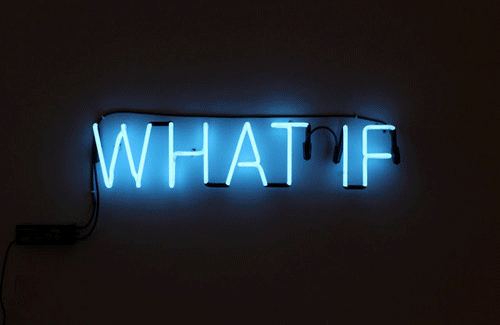
It’s almost hardwired into the lot of us, and movies like The Butterfly Effect and Sliding Doors do not help matters, let me tell you.
We spoke to Pedro Diaz, Founder and CEO of The Mental Health Recovery Institute, about how to handle our ‘what if’ mentalities, and how to flip them into a good thing where possible. Let’s live our best lives and all’a that.
1. WHAT IF I DID SOMETHING DIFFERENTLY IN THE PAST?
Hypothesising about past life decisions to imagine a different present can really suck. Hear me out because I’m about to get real dark here.
What if I had that abortion?
What if I got a bus to work that day Dad and I had a car accident?
Diaz says thinking that way “ends up being a cyclical conversation in your head that goes nowhere” and he’d be right. “You might start ‘shoulding’ all over yourself. I should have caught the train. I should have driven slower. I should have gotten the other car and so on.”
You can’t change the past so there’s a few important things to remember here: you should have faith in yourself and trust the decisions you’ve made, and try and find the silver lining to decisions you regret. So your partner cheated on you for five years straight. Big whoop. At least you’ll see the red flags next time.
2. WHAT IF I DO SOMETHIN’ TO IMPACT MY FUTURE?
Being fearful of future outcomes is real. Even if it’s more trivial than the above it can be a royal pain in the ass.
What if I ask them out and they turn me down?
What if I go to the interview and flub it?
What if I spend all my money on this holiday and it’s crap?
Some people might ask you to grow a pair which can be especially rough if your reasons are anxiety-induced.
“It can be [anxiety], but it depends on how bad it is. And by that I mean: how severe, how often you think ‘what if’, and how much is it impacting on and interrupting your life? We don’t want to pathologise something that is a normal human experience. But if you are feeling anxious, your ‘what if’ thinking might be something to look at,” Diaz explains.
There are a few ways to do this, and it can be narrowed down into best case, most likely case and worst case scenario.
1. Best case
Have a back up plan that’s better than the initial one.
A: You’ll find someone better. And hotter. Get ’em hunni.
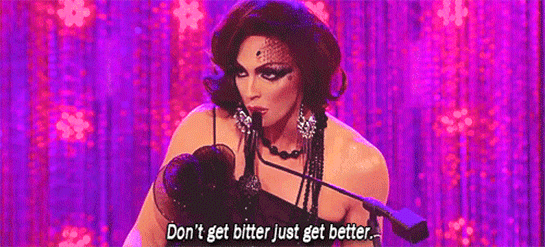
2. Most likely case
Flip the question on its head.
Q: What if I ask them out and they turn me down?
A: What if I don’t and they end up with someone else?
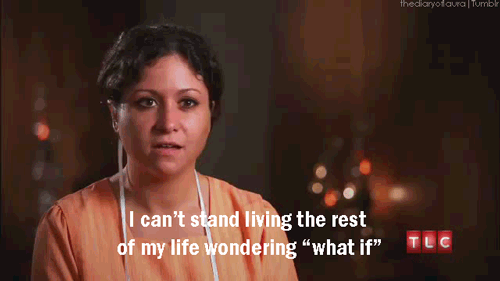
3. Worst case
Exhaust the worst possible outcome, because then you’ll realise how bloody unlikely that is to happen.
Q: What if I ask them out and they turn me down?
A: Then you’ll be single. Probably forever. And die alone. LOL.
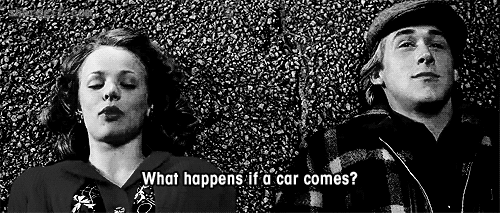
Diaz explains that if you don’t answer your own questions you’ll just panic instead, asking again and again, “panicking each time and feeling awful“. What’s worse though, he reckons, is answering your question negatively.
Q: What if I ask them out and they turn me down?
A: I’ll feel rejected and probably won’t go to uni for a month out of sheer embarrassment.
Feeling pessimistic and fearful is a sure-fire way to ensure self sabotage, is it not? Same thing goes for job interviews and the like.
WHAT IF I DO SOMETHING NOW?
Both of the ‘what if’ scenarios previously mentioned are detrimental, namely because they focus on the past and present rather than the here and now.
But guess bloody what. Using “what if” for current situations is pos-a-tive. “It can get people thinking, and maybe even influence people to change,” says Diaz.
Think about it.
What if I made this project better?
What if I ring mum and tell her I love her?
What if I go to the shops and get a mass sub with extra sweet onion sauce while I’m at?
The overriding message here is that you need to focus on what’s right in front of ya, because that’s what’s in your control. No point stressing about what you can’t change. YOLO, you know?
For more on realising what’s in your control and what isn’t, hit up the new Zoey Deutch‘s flick Before I Fall in cinemas now. If you think you’re feeling self-realised after reading this novel (sorry), you ain’t seen nothing yet. Catch the trailer below.
Photo: The Butterfly Effect.



